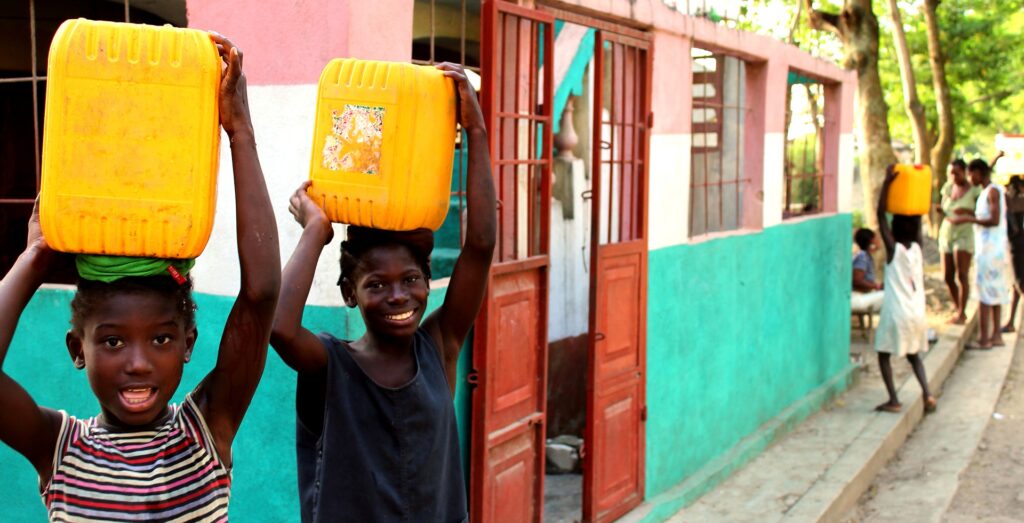Water From Thin Air
3 Companies solving water quality issues
Americans need Clean drinking water, too
Until recently, when most Americans heard about issues surrounding clean drinking water, they likely thought about developing-nations. Flint reminds us, this is unfortunately not the case. In fact, there are certain parts of the U.S. along with regions across the world that have been devastated by this deadly issue. The crisis in Flint, Michigan is a wake up call regarding the importance of access to clean drinking water. There are three noteworthy companies who have taken the lead to address this issue by harnessing innovations in atmospheric water generation (AWG).
Atmospheric Water Generation
AWG is the process of producing potable water from surrounding air. In many cases, this technology works similar to a dehumidifier by pulling moisture from the air through cooling and condensing technology. This technology helps to prevent the disruption of drinking water services during shortages and contamination events that may occur during natural disasters or public water infrastructure failures. Older models relied on significant energy consumption which put AWG out of reach for many people. However, advances in clean renewable energy are providing an alternative solution. UNICEF estimated that women and girls spend 200 million hours getting water every day! One could only imagine what this technology would do for the lives of those women and girls as well as their surrounding community.

AWG Contracting
One of the companies looking to make an impact is AWG Contracting. The founder and CEO is Moses West, a retired African American army officer who saw a need and decided to do his part to make a difference. In 2017, when hurricane Maria devastated Puerto Rico and damaged the public water infrastructure, he brought his system to the small island of Vieques, 10 miles east of Puerto Rico’s main island. He brought his equipment to Flint, Michigan to help with their crisis. More recently, he brought his technology to the Bahamas to help after hurricane Dorian. His company doesn’t just help during disasters however. In a recent interview, a member of the Freedom Georgia Initiative stated that they might be working with West to help provide their water needs.
AWG pulls moisture from the air through cooling and condensing technology
Quartz Water Source
Founded by Jonathan Quarels, an African American native of Flint, Michigan, Quartz Water Source is a company committed to expanding global access to clean water. The company was born out of the need to address the acute crisis in Flint. Quartz has partnered with Watergen, a known company within the AWG industry, to license their technology. In the near-term, Quartz is focused on growing their business with municipalities, hospitals, and prisons.
Source
Source is another exciting company extracting water from air. While other systems claim to be able to extract water from air as low as 20% relative humidity, Source claims to produce water during the summer in Phoenix where there can be lower than 5% relative humidity. Recently, the company has changed its name from Zero Mass Water, Inc to SOURCE global, PBC in a move to highlight the company’s focus to make a positive impact on society and the environment. From the Navajo Nation, to Columbia, to Dubai, this company is working in all corners of the world. Their technology can be used for large scale demands, but their residential units suitable for an individual household might really help bring this exciting technology to those looking for an alternative to a questionable water infrastructure.
Source claims to produce water during the summer in Phoenix where there can be lower than 5% relative humidity
Conclusion
The stability of this nation’s water resources is being threatened by traditional and emerging obstacles. The EPA is looking into various technologies within the water resource sector that can be leveraged to address these market opportunities. AWG is just one example of an innovative technology attempting to promote a more equitable water resource system that currently disfavors minority communities from african americans in Flint to native americans in the Navajo Nation.
